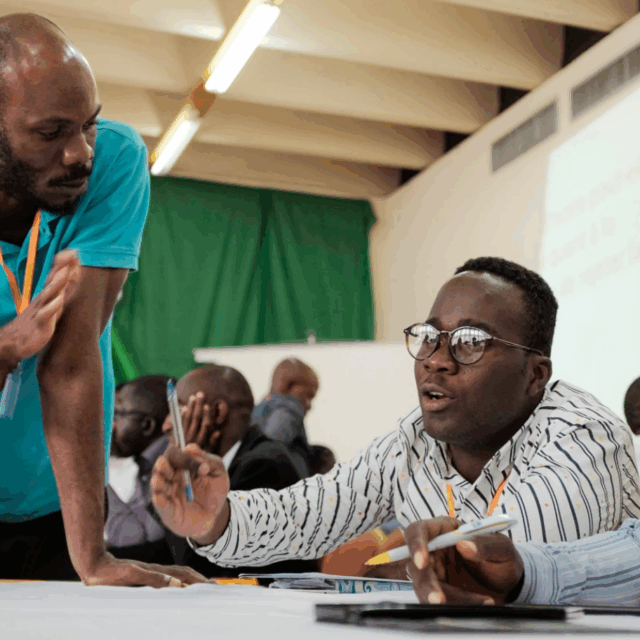MIT Technology Review, April 2023
Picture two theoretical futures: one in which nations counteract climate change by spraying reflective particles into the stratosphere, and another where the world continues heating up. There are big differences between the two, but a lot of smaller, more subtle changes too. Take malaria, for example—the sixth-largest killer in low-income countries.
By 2070, the overall risk of malaria transmission ends up roughly the same in the two worlds. But in the hypothetical geoengineered version of Earth, the threat of the disease has moved on the map. In that scenario, millions fewer people in East Africa live in danger of a potentially deadly mosquito bite. But across West Africa, 100 million more do.
Those findings, published in Nature last year, underscored the complex trade-offs that could accompany any decisions about solar geoengineering, the highly controversial notion that we could curb global warming by reflecting more sunlight back into space. And they raise incredibly difficult questions about who should get to determine how or whether the world ever uses tools that alter the entire climate system, in ways that may benefit many but also create new dangers for some.




